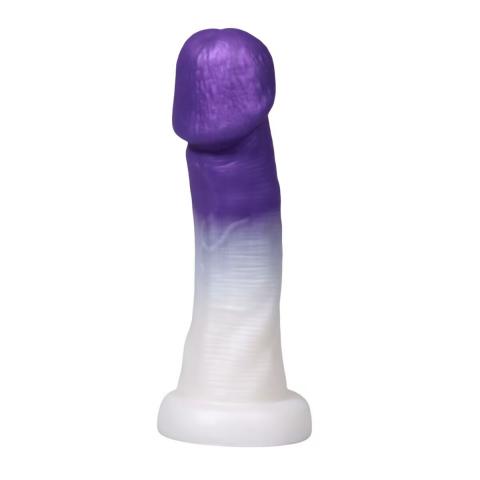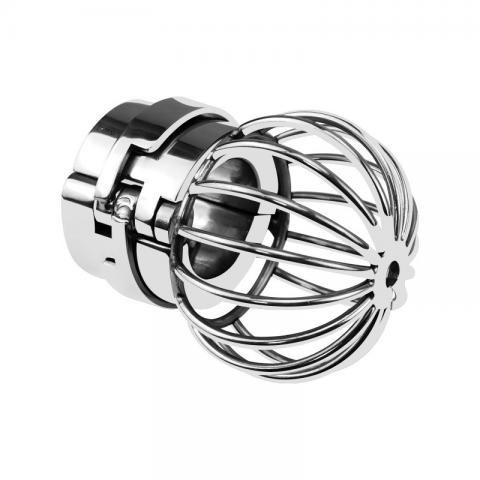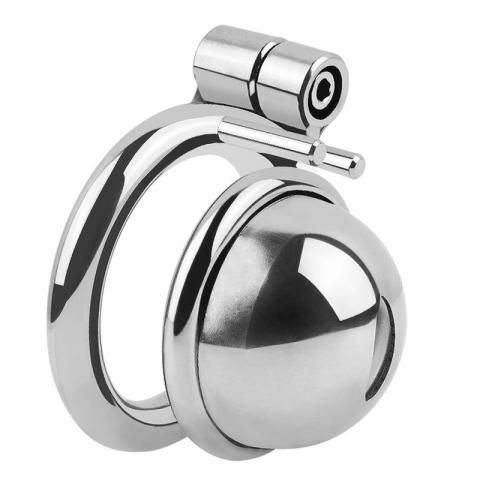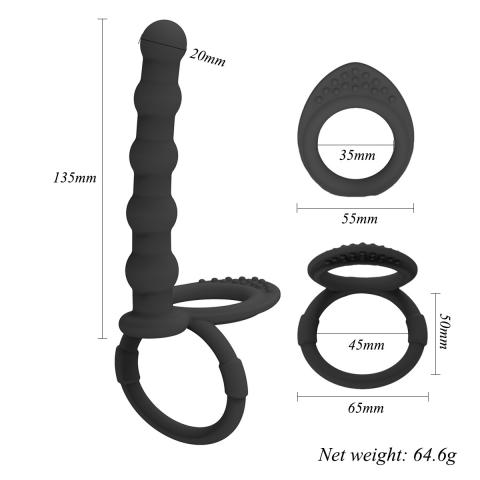Login
 USD $
USD $
 AUD AUD
AUD AUD CAD CAD
CAD CAD GBP £
GBP £ EUR €
EUR €
All Categories
(0) My Cart (0)
LambskinMushroom DildoNew ArrivalCheap
pleated filter cartridge factory
high flow filter cartridge
large flow filter cartridge
membrane pleated filter cartridge
capsule filter suppliers
capsule filter 0.2 micron
capsule filter price
capsule filter
water filter cartridge
Man extinction theory can die
According to foreign media reports, previous studies have shown that men's Y chromosomes are shrinking, and men will completely disappear within the next 5 million years. But new research finds that this view may not be true. Scientists studied the chicken W chromosome, which is similar to the man's Y chromosome love egg , and found that although these chromosomes are shrinking, the remaining parts are still important for fertility. 300 million years ago, there were about 1400 genes in the Y chromosome, but now there are only 45, which is a far cry. Therefore, some scientists have proposed the theory that men are facing an extinction crisis. The new study was published in the Proceedings of the National Academy of Sciences. Scientists used the specific example of the hen's W chromosome to study how genes on the sex chromosome are passed down from generation to generation and their relationship to fertility. The results show that these chromosomes have indeed shrunk a lot over the past millions of years, losing many of their original genes, but the remaining chromosomes still play an extremely important role in predicting fertility, thus overturning the theory that men may become extinct. Professor Judith Manko, senior author of the study and from the Department of Genetics, Evolution and Environment at University College London, said: "The Y chromosome will not disappear and will not become a genetic wasteland as some scientists previously believed." The hen's W chromosome is completely similar to the man's Y chromosome because they are both sex chromosomes, and males and females do not recombine when they reproduce, but the rest of the genome recombine. Reorganization separates linked genes from chromosomes, and linked genes make selection more effective and help get rid of defective mutations. Previously, some scientists believed that the Y and W chromosomes were doomed to extinction because they could not recombine. But in the new study, researchers from the Swedish Agricultural University, University College London and the University of Oxford compared DNA regions on the W chromosome of different chicken breeds. By counting the number of eggs penis cage , the fertility rate of these hens can be easily calculated. They used genetic information from two breeds, Minoka chicken and Leghorn chicken, which produce more than 250 eggs a year, to compare two fighting and feathered chicken breeds deep anal dildo , Yokohama chicken and Old English Game chicken, and also studied a wild stock of chicken. The researchers measured the gene expression levels of W-linked genes in all breeds and found that selecting chicken breeds that lay more eggs resulted in increased gene expression of almost all W-linked genes in egg laying breeds. At the same time, selection of fighting and feathered chicken breeds resulted in a loss of expression of the W gene. This means that selection by specific females related to fertility plays an important role in shaping the W chromosome. Although all problems are related to the lack of recombination remote controlled vibrator , the chromosome responds to selection. Manko said: "Our results show that the Y chromosome in men and the W chromosome in hens is crucial for fertility. This is an ability evolved from the W-linked gene and is the key to their survival. Studies have shown that the Y and W chromosomes will not disappear and will exist for a long time."
Realistic dildo | best vibrator | pvc dildo | fat pocket pussy
Realistic dildo | best vibrator | pvc dildo | fat pocket pussy

- Male Penis Training Pump
- $41.97
Read More huge dildo
Subscribe for Join Us!
Subcribe to get $10 OFF for order.
- Information
- About us
- Contact us
- Customer Service
- Privacy Policy
- Return Policy
- Shopping Guide
- Payment Methods
- Products
- Dildos
- Vibrators
- Penis Pumps
- Masturbation Cup
- Love Egg
- Contact Us
- [email protected]
- Room 1003, Chevalier House, 188 Chatham Road South, Tsim Sha Tsui, Kowloon, Hong Kong
CopyRight © wlovew.com 2002-2025













-
Follow Us On WhatsApp
My Cart (0)
Follow Us On WhatsApp












